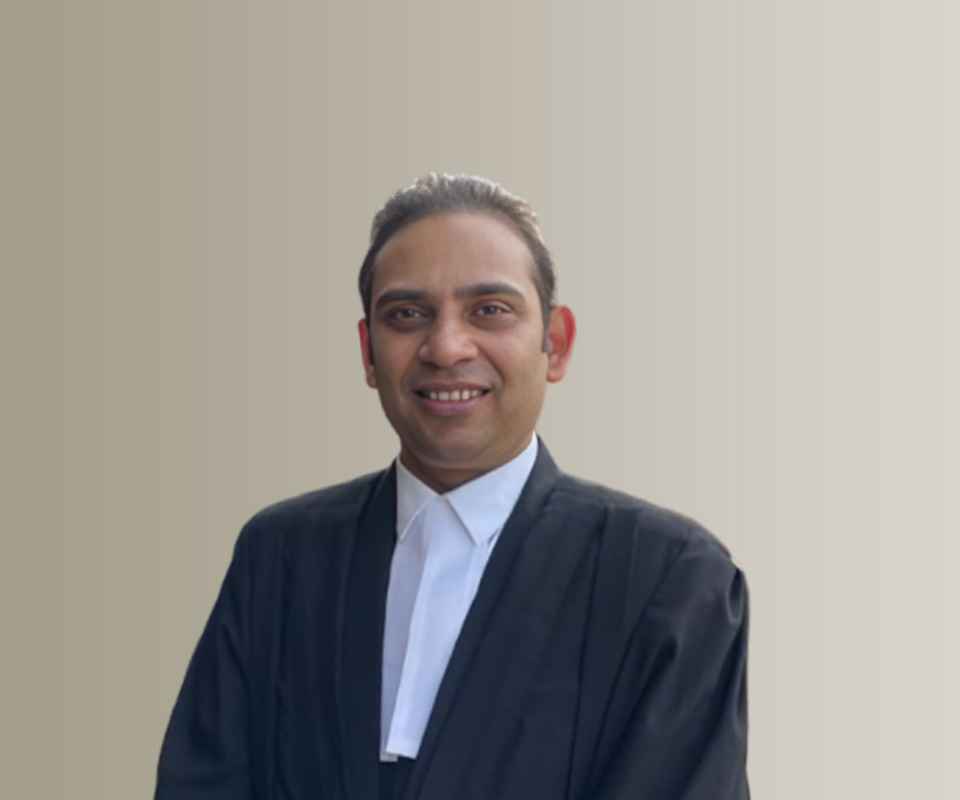Answer By law4u team
The Guardians and Wards Act, 1890 (GWA) impacts Muslim custody laws by providing a secular legal framework for deciding child custody matters, overriding certain aspects of Islamic personal law when necessary for the welfare of the child. Key Impacts of GWA on Muslim Custody Laws Best Interest of the Child Prevails Under Muslim personal law (Hizanat), the mother generally has custody of a minor child, with the father being the natural guardian. However, the GWA prioritizes the welfare of the child over personal law rules. Courts can grant custody to either parent or a third person if it benefits the child. Mother’s Right to Custody Beyond Hizanat Age In Islamic law, a mother’s custody rights usually end when: A boy reaches 7 years. A girl attains puberty. Under GWA, courts can extend the mother’s custody beyond this period if it is in the child’s best interest. Father’s Natural Guardianship is Not Absolute Muslim law recognizes the father as the natural guardian. GWA allows courts to appoint a different guardian if the father is deemed unfit due to neglect, cruelty, or incapacity. Custody Can Be Given to a Third Party Islamic law generally prefers close family members for custody. GWA allows courts to appoint a third person (like grandparents or relatives) if both parents are unfit. Visitation Rights and Shared Custody Muslim law does not emphasize joint custody or structured visitation rights. Courts under GWA can grant joint custody or visitation rights to ensure both parents play a role in the child’s life. Applicability in Court Cases If a Muslim parent files for custody under GWA, the court considers both Islamic principles and the child's welfare before making a decision. Conclusion The Guardians and Wards Act, 1890 applies to Muslims and overrides strict personal law rules when necessary. While Muslim custody laws prioritize parental rights, GWA prioritizes the welfare of the child, allowing courts to make decisions beyond the limits of Islamic law.









